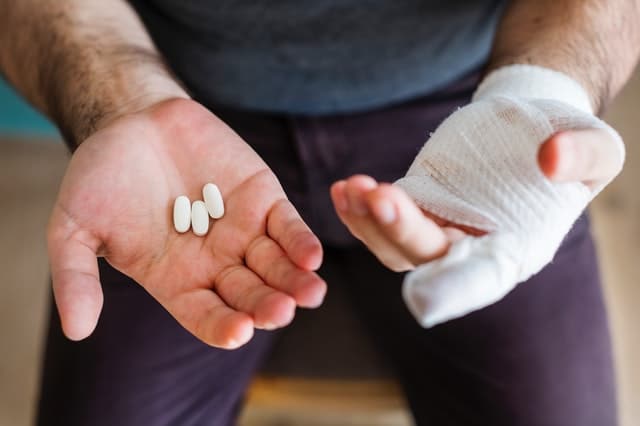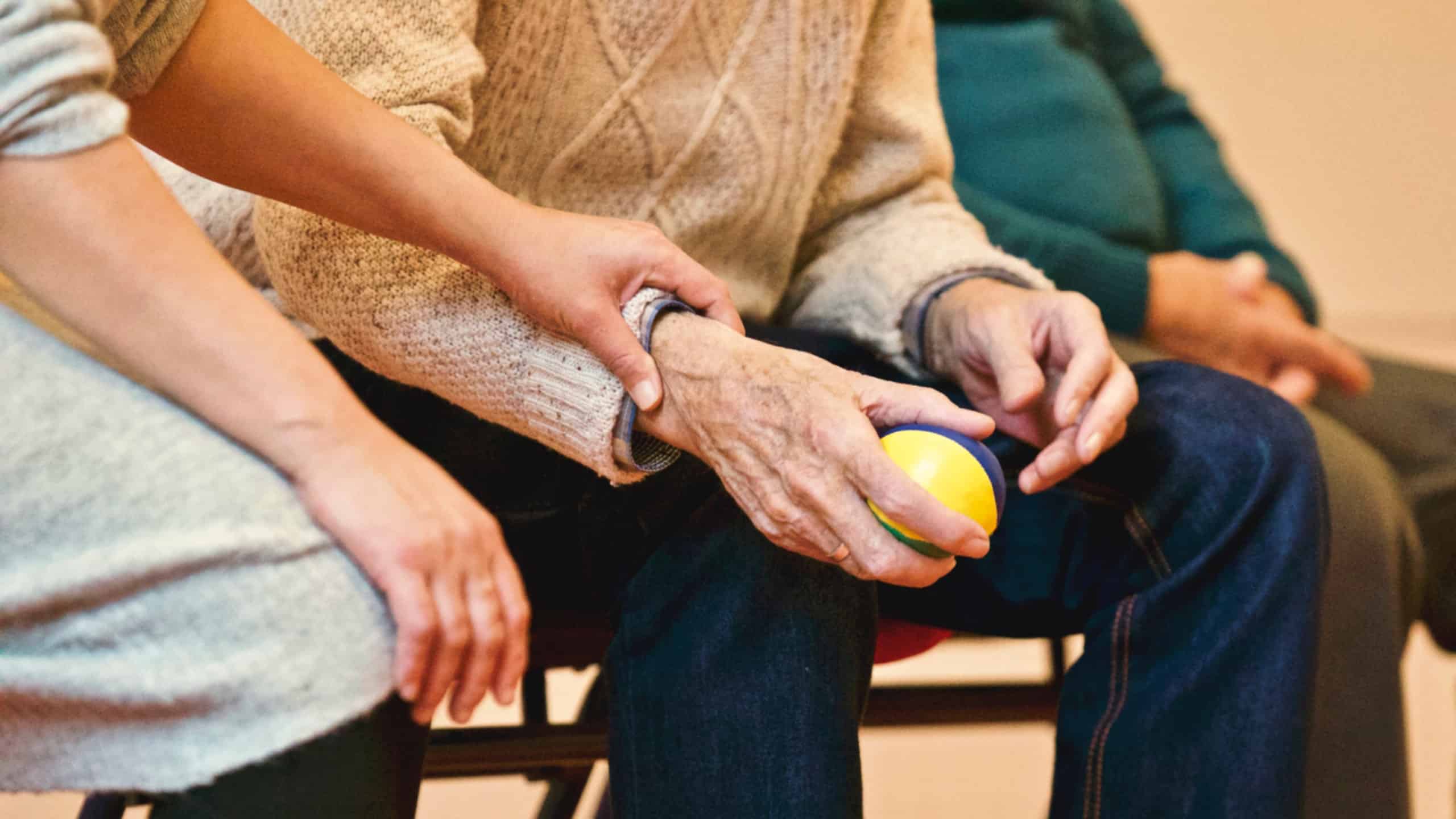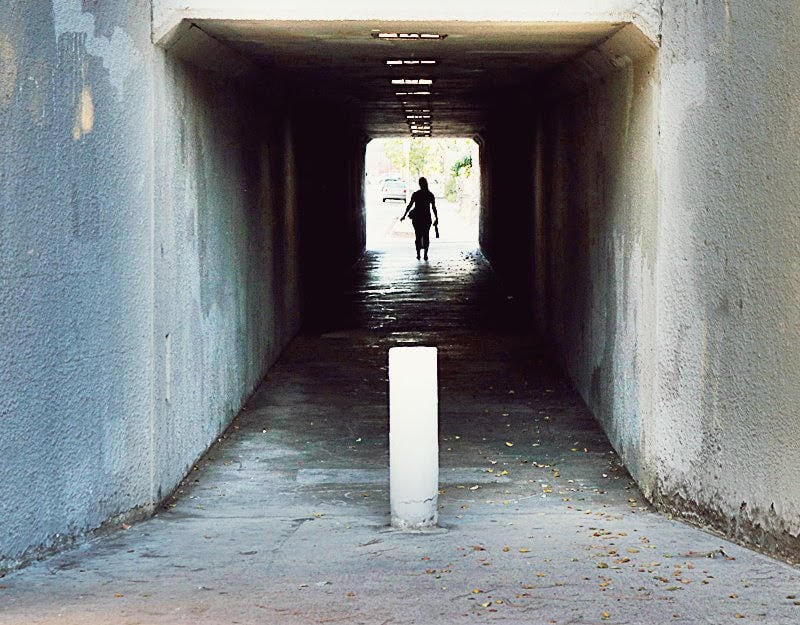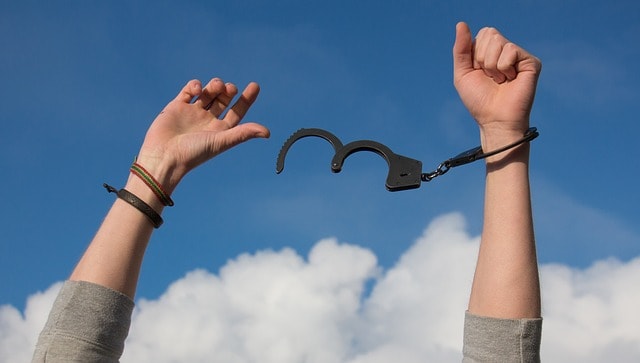
What to Know About Rehabilitation
Receiving therapy through drug and alcohol rehabilitation centers can be intimidating—many go into the process without knowing what to expect or how to handle it.

Receiving therapy through drug and alcohol rehabilitation centers can be intimidating—many go into the process without knowing what to expect or how to handle it.

Treatment in addiction is a long, arduous process—one that requires a strong will and great support. Be it from family, friends or a therapist, addicts

When you think of addicts and their recovery, chances are the first notion you think of is inpatient care. You see it represented in movies,

You did it, you sought help in rehabilitation for your drug or alcohol addiction and successfully reached recovery. You are officially at a point where

When it comes to treating addiction, there is no one-size-fits-all method. Different things work better than they do for others. Some people might thrive in

Entering rehabilitation can be an intimidating process for many, but a commendable one for those who recognize they have a problem and need help. There

Everyone’s experience is different and so is everyone’s journey to recovery. The resolution to go to a rehabilitation facility is not an easy choice, but

Drug and alcohol addiction is a widespread problem throughout the country, though a more specific type of drug addiction would be opiate addiction. Opiate addiction
Alcohol use disorder, the official name for alcoholism, is estimated to affect 17.6 million people in the United States, according to a report from the

What Are the Benefits of Inpatient Rehab? The first step to recovery starts with owning up to your addiction. It’s not the easiest thing to
It doesn’t matter what time it is, Discovery Place is here and ready to help those impacted by addiction day or night. Whether it is 3 AM or 3 PM, you can start your recovery journey by reaching out to our rehab in the Nashville area.